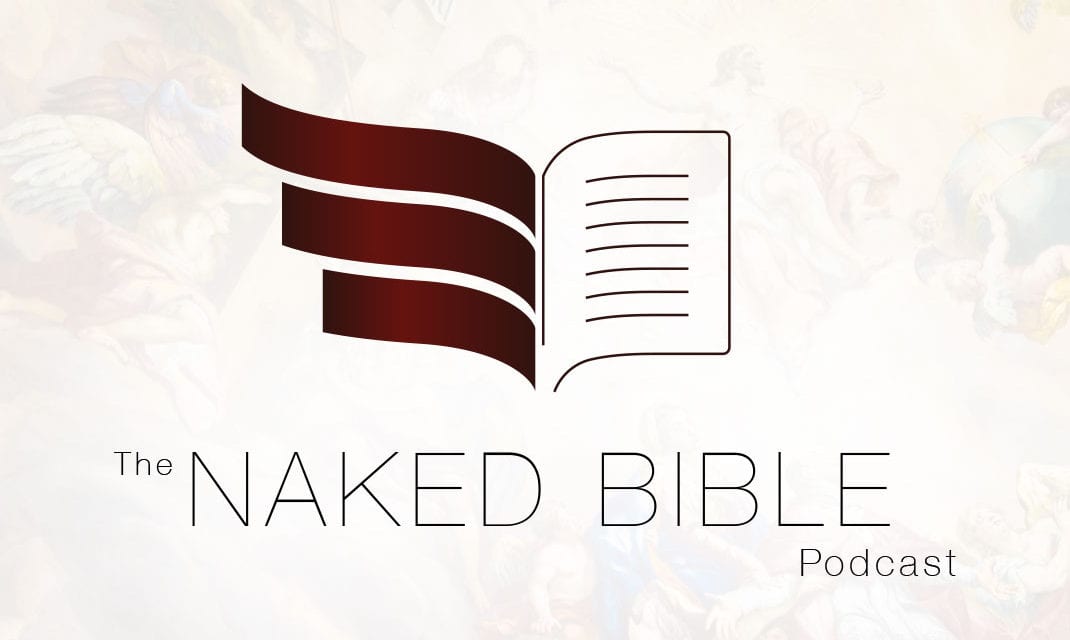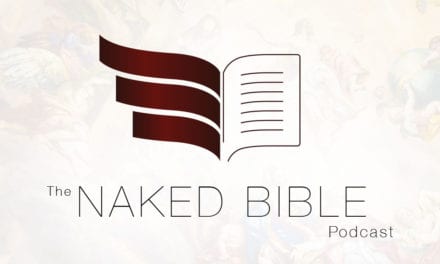These two chapters seems intrusive. The oracles against the nations ended in Ezekiel 32, followed by the announcement of Jerusalem’s fall (ch. 33) and a transition to the future hope of Israel (ch. 34). Chapters 35-36 are an oracle against Edom (“Mount Seir”) followed by more restorative language in Chapter 36. This episode of the podcast explains why Ezekiel 35 isn’t interruptive because, for the Israelite and OT theology, the judgment of Edom was part of Israel’s restoration to her former glory. Chapter 36, more obviously about the future hope of Israel, raises important questions about eschatology. Specifically, many Bible students assume the chapter’s comments about the coming of the Spirit and restoration of God’s people to the land pertain to a future millennial kingdom. However, the NT quotes the chapter several times, at least two of which have fulfillment in the first century or the OT period itself. Ezekiel 36 therefore raises the issue of whether any element of Ezekiel 36 awaits fulfillment in the distant future—a question that is appropriate the rest of the way (Ezekiel 37-48).
The episode is now live.






真是时光荏苒!
I don’t see much merit to taking verses 33-36 as “already”. Although many Jews were gathered (as Christians) to Israel for the Day of Pentecost and go back out to fulfill the great commission, in no way could the land of Israel be described as regenerated or rebuilt. They weren’t rebuilding cities, replanting the land, etc. Just because other parts of the passage relate to Pentecost doesn’t mean they all must be.
Though in some ways I would agree with the Amillenialist that the people described in verses 33-36 are the entire Church, not just Jews. Especially considering that Ezekiel 47:21-23 counts gentiles among the tribes of Israel as being native-born.